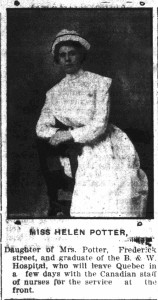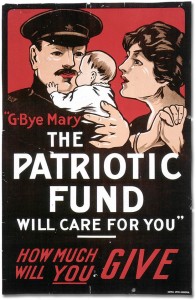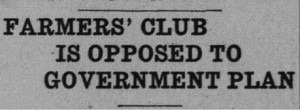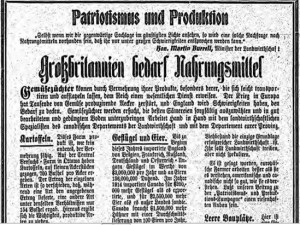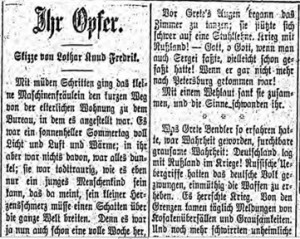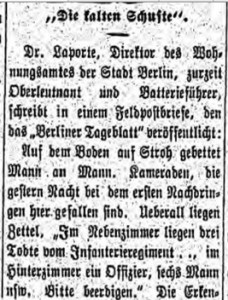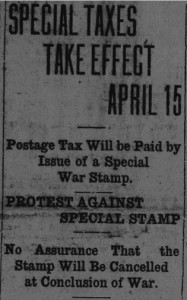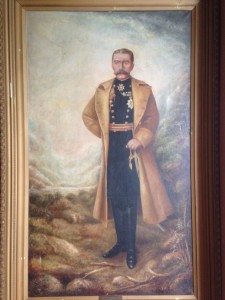By the beginning of March, the Canadian Press Service was reporting that the German advance along the Eastern front had been reversed. With the exception of heavier resistance from the Austrians in the Carpathian Mountains to the south, a large portion of the Eastern Front from the Baltic Sea to the Romanian border was reported to be advancing westward. By the middle of March, the Russians had defeated Austrians in the Carpathians, reportedly taking 4000 prisoners and pushed further into present-day Slovakia and Poland. Within a few days, the fortress at Przemysl was taken by the Russians. This was a large victory since Russia had been trying to capture it since December, it was believed to be essential to German General von Hindenburg’s northern strategy, and it was the media’s focus throughout this push along the Eastern Front. By the end of March, Austrians were reportedly “in full retreat” over the Carpathian Mountains.
These successes occurred alongside optimistic outlooks for the British fleet in the Dardanelles and the Entente along the Western Front. Together, they contributed to the estimates that the Entente would win the war within a few months.
(“German Invasion of Russian Soil Has Completely Failed,” Berlin Daily Telegraph, 1 March 1915.; “Line Moving West,” Berlin Daily Telegraph, 6 March 1915.”; “German Defeat in Poland,” Ayr News, 18 March 1915.; Przemysl Surrendered Today,” Berlin Daily Telegraph, 22 March 1915.; “North Poland Clear of Enemy,” Ayr News, 25 March 1915.; “Austrians Retire,” Berlin Daily Telegraph, 29 March 1915.)